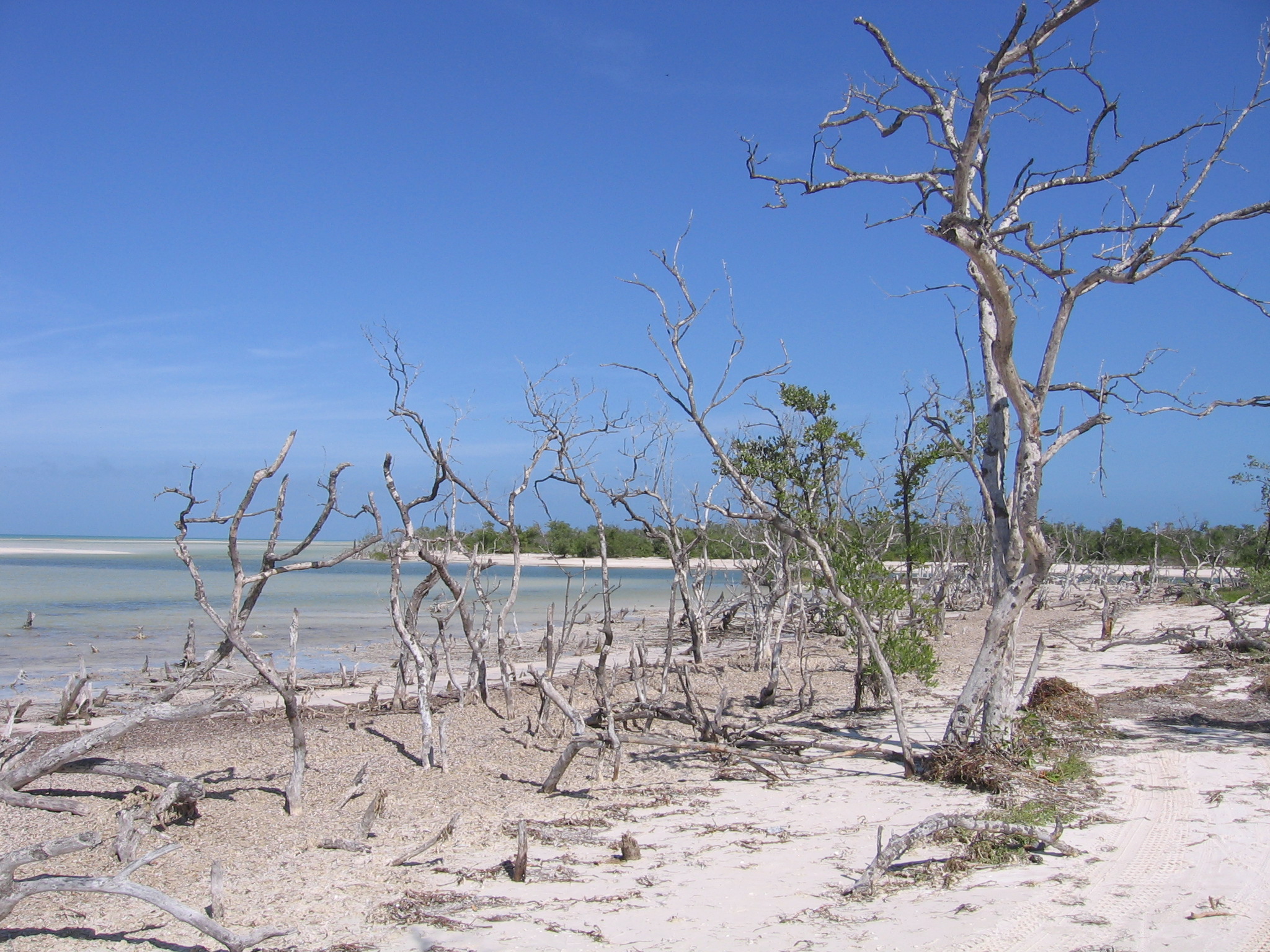In comments to a previous SHP post (Critiquing Sustainability), Ashley Thorne brought our attention to a special issue of the journal Academic Questions devoted to “sustainability” (vol. 23, no. 1 (March 2010)). This journal is produced by the National Association of Scholars (NAS).
The NAS is “an independent membership association of academics working to foster intellectual freedom and to sustain the tradition of reasoned scholarship and civil debate in America’s colleges and universities.” The NAS was founded in 1987, “soon after Allan Bloom’s surprise best-seller, The Closing of the American Mind, alerted Americans to the ravages wrought by illiberal ideologies on campus. The founders of NAS summoned faculty members from across the political spectrum to help defend the core values of liberal education.”[1] The NAS considers itself to be “higher education’s most vigilant watchdog” on issues pertaining to “intellectual integrity in the curriculum, in the classroom, and across the campus.” The NAS “oppose racial, gender, and other group preferences” while upholding “the principle of individual merit.” Further, they consider “the Western intellectual heritage” to be “the indispensable foundation of American higher education.”
In poking around the Internet, I happened upon another source affiliated with the NAS: A weekly digest of sustainability-related news pertaining to institutions of higher education fittingly called Sustainability News. This digest is composed of “10-20 links to sustainability news stories” that will enable those interested to “keep a finger on the pulse of this movement in its manifestations in higher education.”
Ashley Thorne, as NAS Director of Communications, oversees production of Sustainability News. She also produces the NAS’ online Encyclopedia of Sustainability.
(Soon I will be publishing a post with student responses to one of the articles in the Academic Questions issue cited above.)
—-
[1] Allan Bloom, the controversy surrounding his book The Closing of the American Mind, and subsequent discussions of this book, are too complex to discuss in this post; see links for places to begin further research on this matter.
–
Read Full Post »
